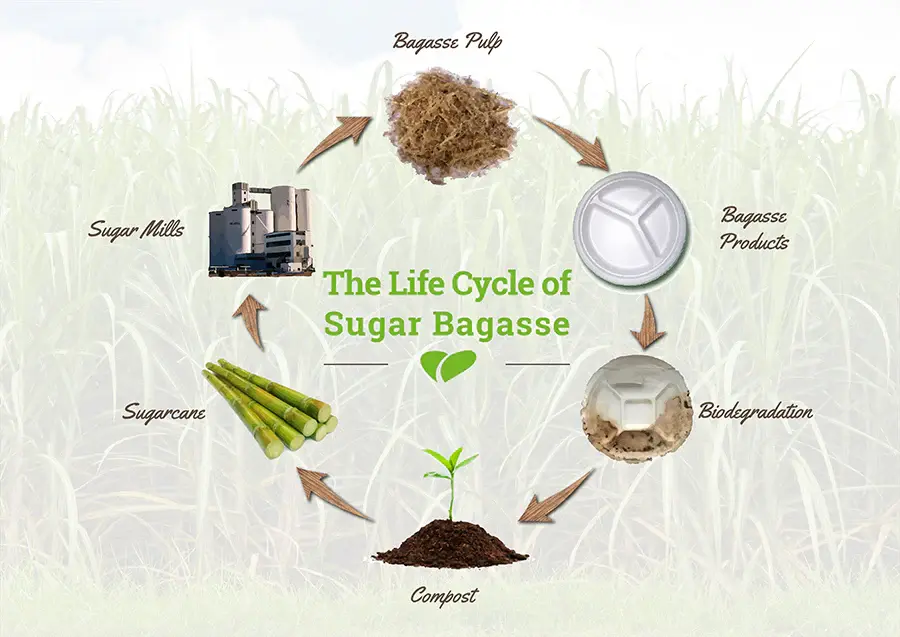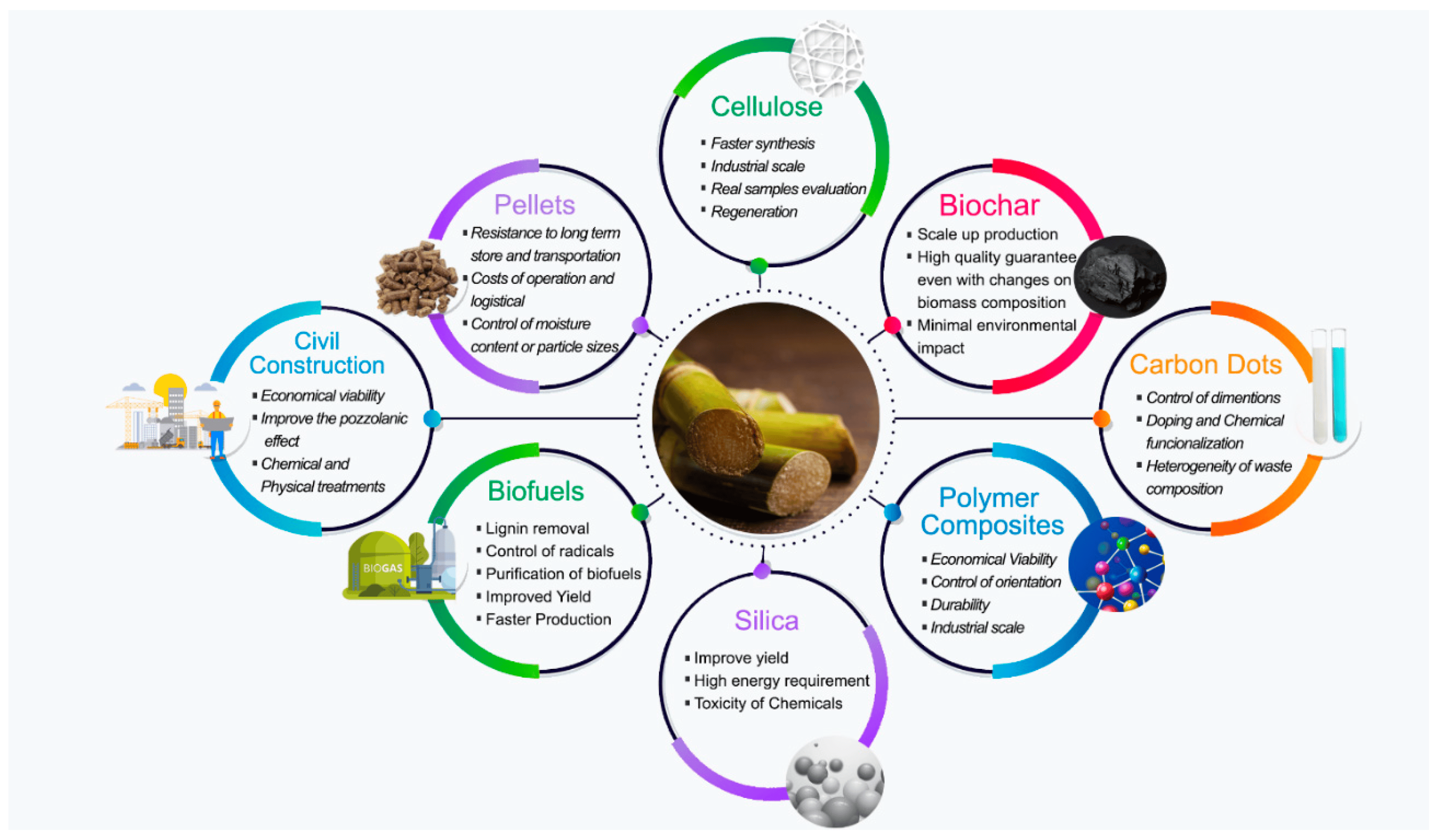As the global environmental crisis deepens, more businesses and consumers are shifting towards sustainable solutions. One of the most important concepts driving this shift is the circular economy. Unlike the traditional linear economy—where resources are used and discarded—the circular economy focuses on minimizing waste, keeping products in use for longer, and regenerating natural systems. Stuti Exim is proud to be at the forefront of this movement with our eco-friendly, biodegradable tableware made from sugarcane bagasse. Here's how our products contribute to a circular economy and help reduce environmental impacts.
What is the Circular Economy?
A circular economy is built on three main principles:
- Designing out waste and pollution: Products are created to minimize environmental damage and waste.
- Keeping products and materials in use: Resources are reused, recycled, or repurposed instead of being thrown away.
- Regenerating natural systems: Sustainable practices help restore natural resources.
This economic model aims to reduce the burden on our planet's limited resources, decrease emissions, and lessen overall environmental impact.

Stuti Exim's Contribution to a Circular Economy
1. Using Renewable Resources
Stuti Exim specializes in manufacturing biodegradable tableware from sugarcane bagasse—a byproduct of sugar production. Instead of burning or discarding the bagasse, we repurpose it into eco-friendly products, turning waste into valuable resources. This is a key example of circular design, where discarded material is given new life in the form of functional, sustainable products.
2. Biodegradable and Compostable Products
Our tableware and packaging solutions are fully biodegradable and compostable. Once used, they naturally decompose, returning valuable nutrients to the soil. This is a stark contrast to traditional plastic or Styrofoam products that contribute to landfill waste and ocean pollution. By choosing Stuti Exim’s products, consumers are directly supporting the cycle of regeneration and resource conservation.
3. Reducing Carbon Footprint
The use of sugarcane pulp in our products helps lower carbon emissions. Sugarcane plants absorb carbon dioxide as they grow, and our manufacturing process ensures minimal waste and energy usage. By supporting renewable and biodegradable materials, Stuti Exim reduces the negative environmental impacts associated with non-renewable materials like plastic.
4. Promoting Sustainable Consumption
Our focus on affordable yet high-quality biodegradable tableware encourages consumers to make more sustainable choices. The shift from single-use plastic to reusable, recyclable, and biodegradable materials reduces waste generation and fosters a culture of responsible consumption. Our customers, both individual buyers and businesses, are empowered to make environmentally conscious decisions.
Why Choose Stuti Exim for Circular Solutions?
- Eco-conscious Innovation: Stuti Exim continuously innovates to bring products that align with global sustainability standards. From production to disposal, every stage of our product lifecycle is designed to support the circular economy.
- High-Quality and Affordable: Our eco-friendly tableware is competitively priced without compromising on quality. This helps more people adopt green solutions, contributing to a larger impact.
- Global Reach: Stuti Exim is a key player in the global market for biodegradable products, enabling businesses worldwide to support sustainable practices by offering eco-friendly alternatives.

The Future of Sustainability with Stuti Exim
As businesses around the world aim to reduce their environmental footprint, Stuti Exim will continue leading the way with sustainable, biodegradable products that champion a circular economy. The demand for such products is increasing, and we are proud to be part of a movement that prioritizes the environment, reduces waste, and regenerates natural systems.